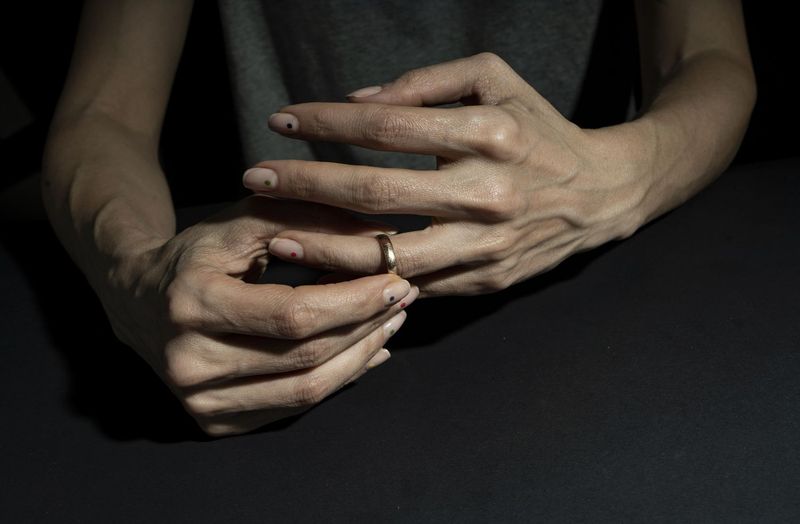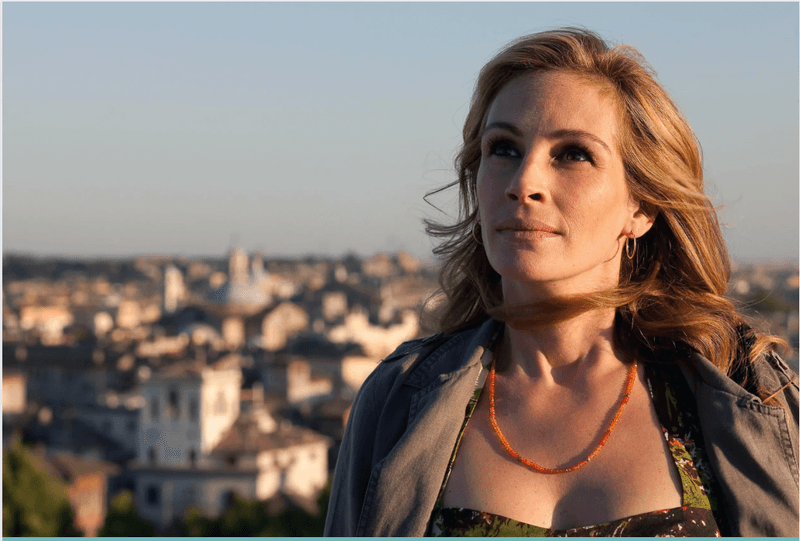11 Honest Realities About Divorce People Don’t Always Talk About

Achieving a successful divorce settlement might seem like the ultimate goal. Yet, the anticipated sense of relief can quickly turn to emptiness.
Amidst the financial gains and newfound freedom, a hollow feeling may creep in. The absence of shared dreams and companionship can leave even the most successful feeling isolated.
This emotional void can be surprising, challenging the notion that success alone brings fulfillment.
Did you know? Many report feeling lonelier post-divorce than anticipated, despite achieving what they thought they wanted. This paradox of success can be bewildering, yet it emphasizes the importance of emotional closure.
1. Love Can Remain Even When The Marriage Ends

The movies tell us divorce happens when love dies, but reality is messier. Many people end marriages still loving their partner deeply. The relationship might have become unsafe, unhealthy, or simply stopped working despite genuine affection remaining.
This contradiction feels impossible to explain to others. Friends ask, “If you still love them, why leave?” not understanding that love alone can’t fix fundamental incompatibilities or broken trust. Some of the hardest divorces happen precisely because love remains.
Acknowledging this truth helps process the confusion of grieving someone you chose to leave. It validates that both decisions can exist simultaneously – loving someone and knowing you can’t stay married to them.
2. Grief Appears Even When You Wanted Out

Surprising waves of sadness crash over you even when you initiated the split. You might have spent months or years certain about your decision, only to find yourself sobbing in the grocery store when “your song” plays over the speakers.
This unexpected grief isn’t just about losing your ex-partner. It’s mourning the future you once imagined, family traditions that will change forever, and even parts of your identity tied to being someone’s spouse. Your brain must rewire years of neural pathways that defined your daily life.
Many divorce initiators feel blindsided by this grief, thinking they should feel only relief. Giving yourself permission to mourn, even when leaving was your choice, becomes essential for healing.
3. Your Relationship Transforms Rather Than Disappears

The fantasy of never seeing your ex again rarely matches reality, especially with children involved. Instead of ending completely, your relationship morphs into something new – business partners managing assets, co-parents coordinating schedules, or distant acquaintances navigating mutual friendships.
This transformation requires developing entirely new communication patterns. The intimate shorthand developed over years must be replaced with clearer, more formal boundaries. You’ll need to interact without the emotional tools that once defined your connection.
For many, this evolution proves harder than expected. Seeing someone you once shared everything with become almost a stranger feels jarring. Yet finding this new balance becomes necessary for moving forward, especially when children need both parents working together effectively.
4. Your Social Circle Will Shift Unexpectedly

The social earthquake following divorce catches many off guard. People you considered close friends suddenly vanish, uncomfortable with the new dynamic or feeling forced to choose sides. Others you barely knew step forward with surprising support and understanding.
Family relationships often transform too. In-laws who felt like parents may pull away completely, while your own family members might struggle to know how to support you or may judge your decisions. Couple friends feel awkward including just one of you in gatherings.
This reshuffling of your social deck feels like secondary trauma during an already vulnerable time. Yet it also reveals who truly values you as an individual rather than merely as half of a couple. The friendships that survive often deepen, while new connections form with others who understand your journey.
5. Solitude Hits With Unexpected Force

Even unhappy marriages provide constant companionship – someone to share meals with, discuss daily trivia, or simply exist alongside in comfortable silence. When that presence vanishes, the quiet can feel deafening. Ordinary moments like cooking dinner or watching TV suddenly highlight your aloneness.
Weekends stretch endlessly without the rhythm of shared routines. Holidays and anniversaries become emotional minefields. Even those who craved space during marriage often feel blindsided by the intensity of this new solitude.
Gradually, this emptiness transforms. What begins as painful loneliness slowly becomes solitude – a space for self-discovery and renewal. Many divorced people eventually treasure this hard-won independence, but the transition period demands courage to sit with discomfort rather than rushing to fill the void.
6. Your Sense Of Self Requires Rebuilding

Marriage weaves two identities together over time. Shared friends, inside jokes, and daily habits become part of how you understand yourself. Divorce unravels this tapestry, leaving loose threads of identity that need reweaving into something new.
Simple questions suddenly feel complicated. What music do you actually like when not compromising with a partner’s taste? Which holiday traditions were truly meaningful to you versus those you participated in for your spouse? Even your sense of humor might shift without the context of shared experiences.
This identity reconstruction feels disorienting but ultimately offers freedom. Many divorced people rediscover passions abandoned during marriage or develop entirely new interests. The person who emerges often surprises even themselves – stronger, more self-aware, and clearer about personal values than before.
7. Financial Reality Becomes Brutally Clear

The emotional toll of divorce often overshadows its financial impact until reality hits. Two households cost substantially more than one. Retirement funds split in half must now stretch twice as far. The lifestyle maintained as a couple might become impossible alone.
For some, especially those who weren’t the primary breadwinner, this financial reckoning brings genuine fear. Can you afford housing in the same school district? Will you need to restart a career after years focused on family? These practical concerns aren’t shallow – they’re about basic security and stability.
Even amicable divorces turn tense when dividing assets. Objects you never thought twice about suddenly carry emotional weight. The coffee maker you received as a wedding gift or the couch where you watched movies together become battlegrounds not just for possession but for pieces of your past.
8. Children Absorb Everything, Even Unspoken Tension

Kids develop emotional radar systems that detect even carefully hidden conflict. The brave face you put on doesn’t fool them – they sense the undercurrents of adult distress long before you explain what’s happening. Their behavior often reflects this awareness through acting out, withdrawal, or trying too hard to be perfect.
Many parents underestimate how deeply children internalize divorce. Even when told repeatedly it’s not their fault, many secretly believe they could have prevented it somehow. They may hide their own grief to protect parents who already seem overwhelmed.
Supporting children through divorce means acknowledging their reality while maintaining appropriate boundaries. They need honest, age-appropriate explanations without adult details. Most importantly, they need permission to love both parents without feeling disloyal to either – one of the hardest gifts to give when your own heart is breaking.
9. The Past Keeps Resurfacing When Least Expected

The clean break you imagined rarely happens. Instead, memories ambush you in ordinary moments – a song on the radio, your ex’s favorite cereal on the grocery shelf, or the restaurant where you celebrated anniversaries. These emotional flashbacks feel like setbacks when you thought you were moving forward.
Certain dates become emotional landmines. The anniversary of your first date, your wedding day, or even random Tuesdays that held special meaning can trigger unexpected waves of nostalgia or grief. Holidays transform from joyful traditions into complicated emotional territory.
Healing happens not by erasing these memories but by gradually changing your relationship to them. What once caused searing pain slowly fades to a dull ache, then eventually to neutral or even appreciative remembrance. This transformation can’t be rushed – it requires patience with your heart’s timeline.
10. Personal Growth Follows A Winding Path

Friends might tell you divorce leads to finding yourself and living your best life. Eventually, this proves true for many – but not before traveling through darkness. Personal transformation requires first facing painful truths about yourself, your choices, and your patterns in relationships.
Some days bring empowering breakthroughs. Other days send you spiraling back into doubt and regret. This inconsistent progress feels maddening when you just want to feel better already. The timeline varies dramatically between individuals – some feel renewed within months while others need years.
The growth that eventually emerges often surprises in its depth. Many divorced people develop stronger boundaries, clearer values, and more authentic self-expression. The lessons, though painfully acquired, build wisdom that benefits every future relationship – romantic or otherwise – if you remain open to their teaching.
11. Nostalgia For The Familiar Can Feel Confusing

Strange as it seems, you might find yourself missing aspects of your marriage that were objectively unhappy. The predictable rhythm of arguments, the roles you played together, even toxic patterns held a certain comfort in their familiarity. This nostalgia confuses both you and others who supported your decision to leave.
Your brain craves the known, even when the known caused pain. The certainty of yesterday feels safer than the blank canvas of tomorrow, no matter how much potential that canvas holds. This biological wiring explains why many consider returning to broken relationships rather than facing the unknown alone.
Recognizing this nostalgia as normal rather than evidence you made a mistake becomes crucial. Missing aspects of your former life doesn’t invalidate your reasons for leaving. It simply confirms you’re human, wired to seek the familiar and struggle with uncertainty during major life transitions.

Comments
Loading…